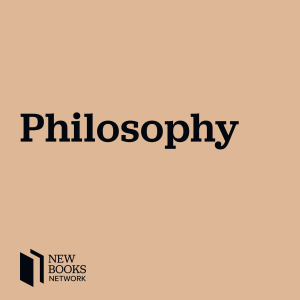
Alessandra Tanesini, "The Mismeasure of the Self: A Study in Vice Epistemology" (Oxford UP, 2021)
 2021-09-01
2021-09-01
Download
Right click and do "save link as"
Epistemology traditionally focuses on the analysis of central epistemological concepts, such as knowledge, justification, evidence, truth, and belief. But having knowledge is also a matter of acquiring knowledge. And this means that epistemology must also address questions of our conduct – how we should go about finding things out, what it means to be a good inquirer, and so on. This suggests that people can behave badly as epistemic agents. It falls to epistemologists to examine bad epistemic conduct as well.
In her new book, The Mismeasure of the Self: A Study in Vice Epistemology (Oxford UP, 2021), Alessandra Tanesini begins from the observation that good epistemic conduct involves proper appraisal of one’s epistemic condition, including one’s cognitive strengths and weaknesses. Her book focuses on the ways epistemic self-assessment can go wrong. Along the way, she provides a general theory of epistemic virtue and vice.
Learn more about your ad choices. Visit megaphone.fm/adchoices
Support our show by becoming a premium member! https://newbooksnetwork.supportingcast.fm/philosophy
view more
More Episodes
012345678910111213141516171819
Create your
podcast in
minutes
- Full-featured podcast site
- Unlimited storage and bandwidth
- Comprehensive podcast stats
- Distribute to Apple Podcasts, Spotify, and more
- Make money with your podcast
It is Free
- Privacy Policy
- Cookie Policy
- Terms of Use
- Consent Preferences
- Copyright © 2015-2024 Podbean.com





